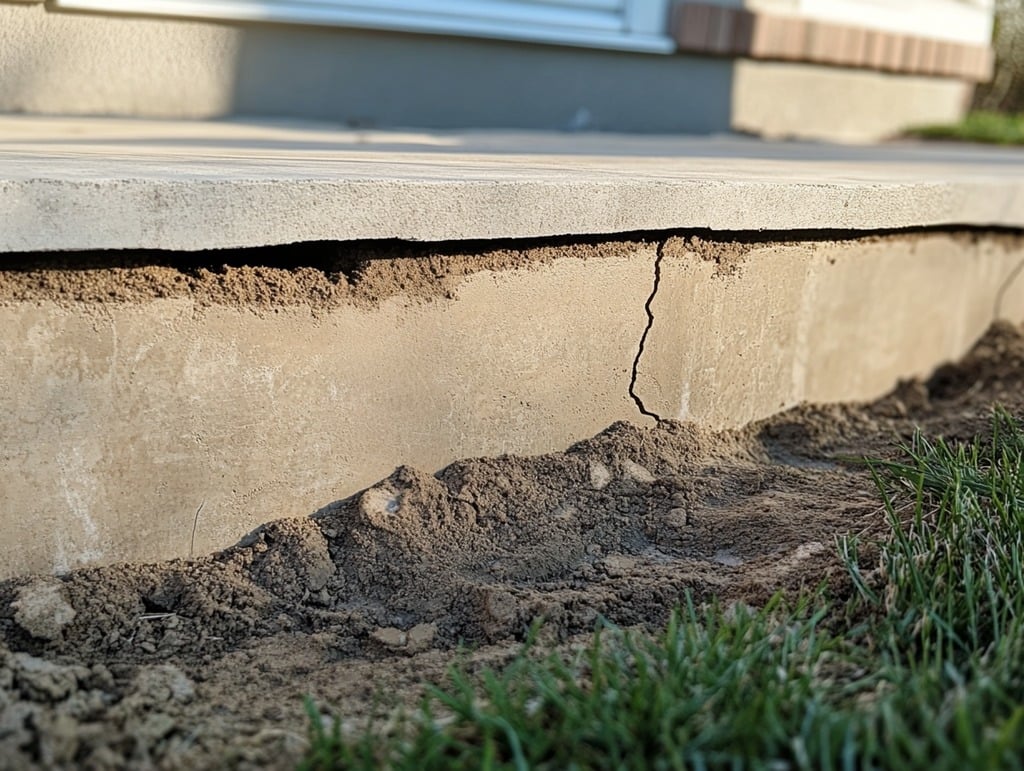Buying or selling a home? That post-inspection phase can feel like walking a tightrope. But here’s the good news: negotiating repairs doesn’t have to be a stressful tug-of-war! Whether you’re a buyer trying to protect your investment or a seller looking to close the deal efficiently, knowing how to navigate repair negotiations is key.
In this blog, we’ll break down:
- Why home inspections matter.
- How to identify what’s worth negotiating.
- Strategies for making repair requests while keeping the deal on track.
Let’s dive in!
Why Are Home Inspections So Important?
A home inspection is like a health check for a property. It highlights potential problems—everything from structural issues to faulty systems—giving buyers and sellers a clearer picture of what they’re dealing with.
This process protects buyers from unexpected costs and gives sellers a chance to resolve concerns before closing. The inspection report isn’t about perfection (because, let’s face it, no house is flawless). Instead, it’s about prioritizing what’s truly important for both parties to address.
Step 1: Know What’s Worth Negotiating
Not all repair issues should be treated equally. Some are critical and can affect the home’s safety or value, while others are minor inconveniences. Knowing what to prioritize is crucial to keeping the process fair and focused.
Priority Issues (Must-Address)
- Safety Hazards: Problems like mold, faulty wiring, or gas leaks.
- Structural Concerns: Roof damage, foundation cracks, or water intrusion.
- Code Violations: Outdated plumbing or electrical systems that don’t meet modern standards.
Non-Essential Repairs (Nice-to-Have)
- Cosmetic flaws (e.g., chipped paint, scratches on flooring).
- Wear-and-tear items like loose cabinet handles or aging fixtures.
For buyers, asking for minor fixes can come across as nitpicking. Focus on major, legitimate issues. Sellers, on the other hand, should be prepared to address any safety or structural concerns that could derail the sale.
Step 2: Prioritize Repairs and Plan
Once you’ve reviewed the inspection report, the next step is to prioritize repairs and plan your approach.
- For Buyers: Create a clear list of items you want the seller to address. Be realistic—focus on the big-ticket items that truly matter.
- For Sellers: Review the report with your real estate agent. Don’t wait for the buyer to ask—get estimates from licensed professionals to understand the costs of necessary repairs.
Most contracts require repairs to be done by licensed contractors. This not only ensures that the work meets professional standards but also builds trust with the buyer. DIY fixes, no matter how well-intentioned, can raise red flags and even violate the terms of the sale.
Step 3: Communication is Key
Repair negotiations don’t have to be a battleground! A little tact and clear communication can go a long way in finding common ground.
For Buyers
- Be Specific: Clearly outline the issues you want addressed, backed by the inspection report.
- Use Professional Tone: Make requests politely—this keeps the process collaborative rather than confrontational.
- Provide Documentation: Include photos, contractor estimates, or inspection notes to strengthen your case.
For Sellers
- Stay Calm: Buyers aren’t out to nitpick—they’re just trying to protect their investment. Respond professionally, even if the requests feel overwhelming.
- Propose Alternatives: If the buyer’s requests seem excessive, you can offer a credit or negotiate a price reduction instead.
- Hire Licensed Professionals: When addressing repairs, always use licensed contractors to complete the work. This not only ensures quality but also complies with contract requirements and reassures buyers that the job was done right.
Step 4: Explore Your Options
So, what happens once the repair requests are on the table? Here are the main paths forward:
- Seller Agrees to Repairs
- The seller hires licensed professionals to fix the issues before closing.
- Seller Offers a Credit
- Instead of making repairs, the seller provides a monetary credit, allowing the buyer to handle the work post-sale.
- Split the Costs
- Both parties share the expenses for repairs.
- Buyer Accepts As-Is
- The buyer agrees to waive repair requests and proceeds with the sale.
Pro Tips for a Smooth Negotiation
- Keep It Realistic: Buyers shouldn’t expect a perfect home, and sellers shouldn’t ignore valid concerns.
- Think Long-Term: Investing in necessary repairs upfront can save deals from falling apart.
- Document Everything: Once an agreement is reached, make sure all repair details are added to the purchase contract.
FAQs
Q. Why should sellers use licensed contractors for repairs?
A. Many real estate contracts require repairs to be done by licensed professionals to ensure the work is safe, up to code, and high quality. DIY repairs can create liability issues or scare off buyers if the work looks unprofessional.
Q. What if the seller refuses to make repairs?
A. If the seller declines, buyers can negotiate for a repair credit or price reduction. If an agreement isn’t reached, buyers may have the option to walk away depending on the contract terms.
Q. Can buyers request cosmetic repairs?
A. While buyers can ask for cosmetic fixes, focusing on major issues is more likely to result in successful negotiations. Sellers are less inclined to address non-essential items.
Q. Should buyers hire a re-inspection after repairs?
A. Yes, it’s highly recommended! A re-inspection ensures all agreed-upon repairs were completed correctly by licensed professionals.
Wrapping It Up
Negotiating repairs after a home inspection is all about balance. Buyers want to feel confident in their purchase, and sellers want to close the deal without unnecessary delays. By focusing on critical issues, communicating effectively, and relying on licensed professionals for repairs, both parties can move forward feeling secure and satisfied.
Remember, a successful negotiation isn’t about “winning.” It’s about creating a win-win scenario that ensures a smooth path to closing.
Keep these tips in mind, and you’ll be one step closer to sealing the deal on your dream home—or handing over the keys with confidence!







